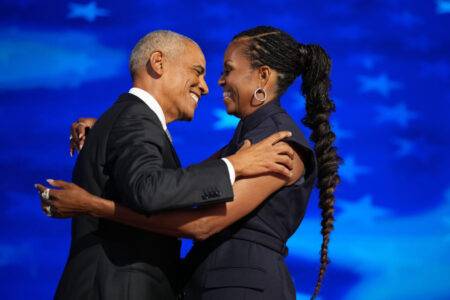The British government is working on an amendment in the Marriage Act (1949) to make an unregistered Nikah ceremonies a criminal offence. A Nikah is the lawful Islamic ceremony of marriage in Islam and are quite common in the UK Muslim community.
Critics say their is a hidden agenda behind this which is to curb the amount of sham marriages and ultimately tighten the regulations around immigration.
The Department of Communities and Local Government has already published a green paper to elicit public opinion before sending the draft for legislation. The consultation period on the green paper is coming to an end on June 5.
It followed an Independent Review into the Application of Sharia Law in England and Wales which was ordered by Theresa May whilst she was Home Secretary.
According to the green paper, a prayer leader who participates in a Sharia-compliant religious ceremony (Nikah) can face prosecution if he does not ensure the couple has already registered their marriage legally beforehand or on the same day of the Nikah with the local registrar office.
Often, following the Nikah marriage a registration ceremony takes place where the marriage is registered. Christian and Jewish communities have similar conditions for their weddings.
The main purpose of the proposed amendment is to ensure that Muslim women can apply for a divorce to British courts instead of relying on the Sharia councils, many of them run by mosques and Islamic centres.
This amendment will allow the women to seek a divorce through the legal system and also to tackle sham marriages. A number of Muslims are getting married in religious ceremonies supervised by imams of local mosques and Islamic centres who, in some cases, supervise Nikahs without checking the immigration status of the couple. Thus allowing them to apply for spouse visa here in the UK without going back to their respective countries which is a requirement for obtaining such a visa.
The Independent Review into the Application of Sharia law in England and Wales was carried out by a panel headed by Mona Siddiqui OBE, Professor at the University of Edinburgh, Imam Qari Muhammad Asim MBE and Shia scholar Imam Sayed Ali Abbas Razawi.
The independent review had also recommended, perhaps a more plausible suggestion to form an official body to kick-start self-regulation by the Sharia councils but the Home Office rejected this recommendation fearing such a move might undermine British law.
[simple-payment id=”8065″]






